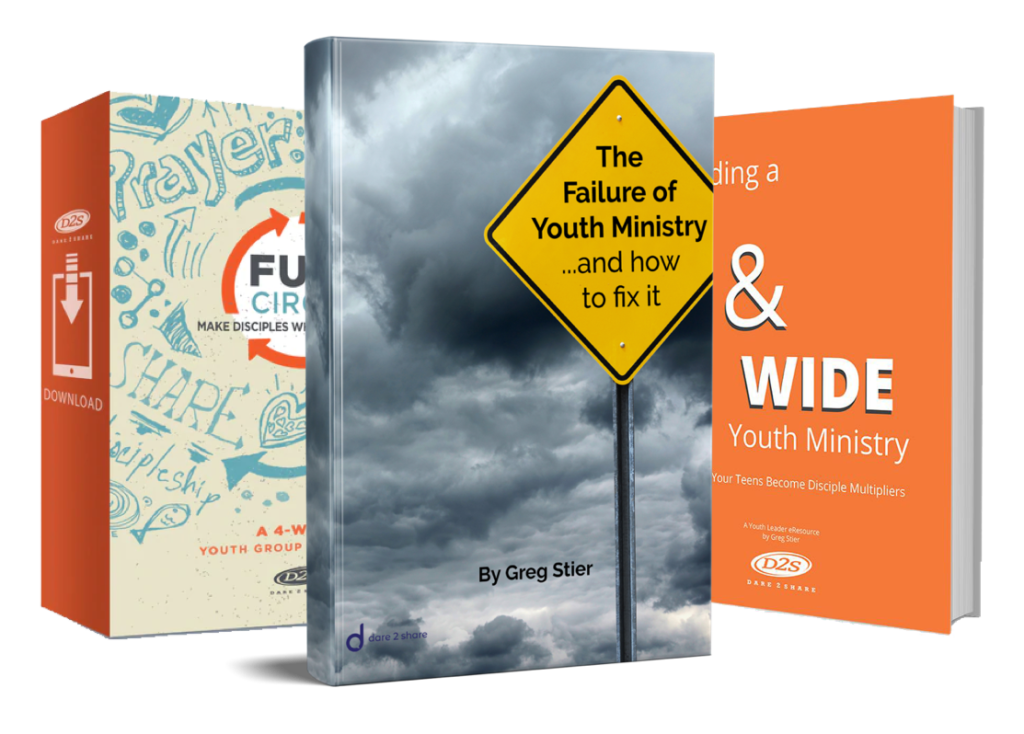How to Share the Gospel With a Buddhist
Basic Description
Buddhism is an Eastern religion which revolves primarily around suffering. Its founder’s was named Siddhartha Guatama (later called the ‘Buddha’ – where we get Buddhism from). He was born nearly 600 years before Christ. At some point in his young life he decided to travel the country, and when he did, he became troubled by all the suffering of the common people.
He desperately wanted to do something about all the pain he saw, so he studied the Hindu scriptures under their priests, but decided that was not the way to help. Eventually he stopped praying to the Hindu ‘gods’ and decided to become a homeless person and survive essentially by begging. During the years that followed, he dove completely into self-denial and meditation, and decided that this practice would lead to peace and help with suffering.
He also believed that through self-denial and meditation, a person could eventually achieve a god-like state of ‘Nirvana’. He then decided that his mission in life was to spread his message wherever he went, at which point he became known as the ‘enlightened one’ or the ‘Buddha’. There are an estimated 613 million Buddhists worldwide; and 1 million in the United States.
Questions You Can Ask
- What’s your spiritual background?
- Buddhism is exploding in America as a belief system. Why do you think that is?
- What are the parts of Buddhism that you are most excited about?
- Explain to me what it’s like to be a Buddhist when it comes to your specific spiritual disciplines and practices?
- Why do you think there is evil and suffering in the world?
- What do you believe about what happens after death?
- Who or what set the law of karma in motion?
- Have you ever felt the need to be forgiven?
- How would you feel if you discovered that someone suffered in your place so that you wouldn’t have to?
- Have you ever heard of the path to inner peace apart from ridding yourself of all your desires and attachments?
Areas You Can Admire
- Their desire for peace.
- Their desire to be in tune with her inner self.
- Their belief in life after death.
- Their concerns about evil, suffering and conflict in the world.
What A Buddhist Believes
About Buddhism:
What a Buddhist believes can be summed up in what are called the ‘Four Noble Truths’:
- There is pain and suffering in the world.
- Attachment to people and things causes suffering.
- The suffering will stop when a person can rid him/her self of all desires.
- There is a path to the extinguishing of all desires.
Note: It is important to remember that the Buddha never considered himself to be a god, or a divine being of any type. He basically viewed himself as a person showing others ‘the way’ to enlightenment. Buddhists don’t consider Buddha to be a god either.
About God:
A Buddhist does not believe in the personal, Sovereign God of the universe revealed in the Bible.
About the Trinity:
They do not believe in the Trinity.
About Jesus:
This person believes that Jesus Christ was a good teacher, though less important than Buddha.
About the Bible:
A Buddhist does not believe the Bible to be the inspired word of God, because they don’t believe in a personal God in the first place. They also reject the notion of rigid commands.
About the Afterlife:
Buddhists believe in reincarnation through the cycles of Karma, which is an afterlife driven by the law of cause and effect. This means that what a person does in this lifetime, either good or bad, determines what will happen to them in another lifetime, on and on through time, until they have gone through enough suffering and purification to reach Nirvana, which is a state characterized by freedom from pain, worry and the external world.
About Salvation:
A Buddhist believes salvation is by self-effort only through the Four Noble Truths. Remember that ‘salvation’ to them is ultimately complete extinction at death, in other words freedom from the cycle of Karma.
What the Bible Teaches
About God:
God identified Himself as “I Am” (Exodus 20:2) – meaning He is the self-existent (has no beginning or end) eternal Creator of the universe.
About the Trinity:
There is one God and yet three Persons (Isaiah 45:5; Deuteronomy 6:4; James 2:19).
About Jesus:
Jesus is fully God and fully man. He is not just an enlightened man. He is the God of the universe (John 1:1, 14, 18; 8:58; 10:30. Compare Titus 2:13 and Isaiah 45:21), and He is equal with God the Father and God the Holy Spirit.
About the Bible:
The Bible alone is the word of God. It is without error. It cannot and should not be added to or subtracted from (2 Timothy 3:16-4:4; Revelation 22:18-20).
About the Afterlife:
Those who trust in Christ alone as their only hope of salvation spend eternity in heaven. Those who reject Christ spend an eternity in hell. (John 5:24-30; Revelation 20:11-15). The Bible denies the concept of reincarnation (Hebrews 9:27-28).
About Salvation:
Salvation is by faith in Christ on the basis of His death on the cross. Good works or self-denial have nothing to do with being saved (John 3:16-17, 36; 6:29,47; Romans 4:1-5; Galatians 2:16; Ephesians 2:8-9; Titus 3:5).
Things to Remember
Remember that your Buddhist friend is coming from an extremely different worldview, so totally avoid ‘Christianese’ terms such as ‘new birth’, or even ‘born again’. Some good alternatives that they could better relate to would be terms like ‘endless freedom from suffering, guilt, and sin’, and ‘gift of eternal good life without suffering’.
Also, focus on the uniqueness and unique claims of Jesus – especially His resurrection and teaching that He was the only way to God (John 14:6). Ultimately, you want to get the conversation to the point of sharing the gospel, so don’t get too sidetracked with confusing Buddhist beliefs. Try to work your own gospel journey story, especially as it relates to your freedom from guilt and assurance of heaven in the midst of suffering.
As always, remember that you are in a spiritual battle, so put on your spiritual armor (Ephesians 6) and pray without stopping!
For Further Research
- Pick up a copy of Greg Stier’s book Dare 2 Share Field Guide
- Check out Check out Christian Answers website








